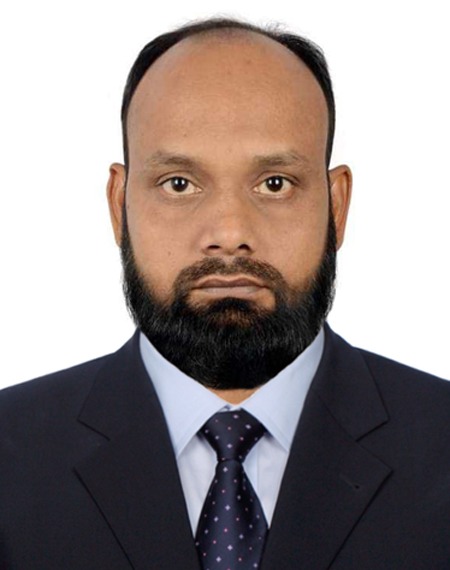
Khwaja Masum Bellah Kausarey: In contemporary times, both in Bangladesh and across many countries of the world, there is a growing crisis of trust in political and social spheres. This crisis does not only affect ordinary citizens; it also calls into question the credibility of essential state institutions, political leadership, and democratic processes. This situation stems from prolonged political conflict, lack of accountability, governance failures, and moral decay.
In Bangladesh, the crisis of trust in politics is not a new phenomenon. Since independence, political division, military rule, authoritarian tendencies, and a politics driven by vengeance have repeatedly shaken public trust. When people see that elections fail to bring about real change in leadership, their faith in democracy erodes.
According to a 2023 research survey by Transparency International Bangladesh, 72.5% of respondents believe that political parties prioritize their own interests over those of the people. Around 67% feel that political parties lack mutual respect and tolerance. Moreover, 55% believe that the current political climate is distrustful and intimidating.
On the other hand, the Gallup World Poll (2022) shows that only 31% of Bangladeshis express trust in political parties—one of the lowest figures in South Asia.
These statistics reflect the growing public distrust in the political culture. This is a dangerous signal, which, if not addressed through timely and responsible political reform, could endanger the very existence of democracy, society, and the state.
The duplicity of political leaders—their contrasting behavior when in power versus when in opposition—their failure to fulfill electoral promises, and a general lack of integrity have fostered public disillusionment. People have begun to believe that politics is no longer a platform for service, but rather a means of acquiring power and personal gain.
This distrust is not limited to the political realm; it has permeated all levels of society. Today, moral decline, egocentrism, and consumerist attitudes have weakened social bonds. Traditional family values, relationships with neighbors, the emotional connection between teachers and students, and respect for religious leaders are all diminishing.
Social media platforms are increasingly becoming sources of rumors, misinformation, and deliberate disinformation—leading to division and polarization. As a result, people view each other with suspicion, giving rise to jealousy, violence, and criminal tendencies. Suicidal behavior is also on the rise in society.
If the public loses trust in the administration, law enforcement agencies, or the judiciary, the state’s governance system becomes weak. Corruption, favoritism, abuse of power, and lack of accountability undermine public faith in the state. When the rule of law becomes a farce, people stop looking to the state for justice and start taking the law into their own hands. In such circumstances, democracy, discipline, and stability all come under threat.
In today’s society, the tendency to exercise power outweighs the commitment to duty. In politics, party interests prevail over principles, benefits over justice, and self-interest over ideals. This fosters a belief among ordinary citizens that no one cares about their well-being or considers themselves answerable to them. Consequently, an environment of despair and anarchy begins to form.
The effects of this crisis of trust are multidimensional and far-reaching: 1. Democracy is threatened – voter apathy increases, and participation in elections declines. 2. Respect for the law diminishes – when criminals go unpunished, people stop valuing the legal system. 3. Social unity is eroded – distrust breeds division, hatred, and conflict. 4. Developments stagnates – without political stability, sustainable development is impossible.
The only way out of this crisis is through responsible behavior—not just by politicians, but by individuals at every level of society. Firstly, political leaders must restore credibility by practicing transparent, honest, and accountable politics.
Secondly, the education system must incorporate curricula based on humanity, tolerance, and morality.
Thirdly, the media must remain neutral and present objective information—they must champion truth rather than weaponize information.
Fourthly, civil society, religious institutions, and cultural organizations must actively contribute to creating an environment of trust and empathy.
Fifthly, professionalism and impartiality must be ensured in the administration and judiciary.
Trust is the moral foundation of a state. If it collapses, all other institutions of governance crumble along with it. The crisis of trust we observe in today’s Bangladeshi politics is not merely the result of individual or party failures; it is the manifestation of a broader cultural and moral decline. However, it can be reversed—through ethical leadership, compassionate social values, and justice in governance.
Restoring the lost trust of the people must be seen as our duty to the next generation.
Author: The Executive Director of a private Research and Development organization, Senior Journalist, and Human Rights Activist in Bangladesh.





